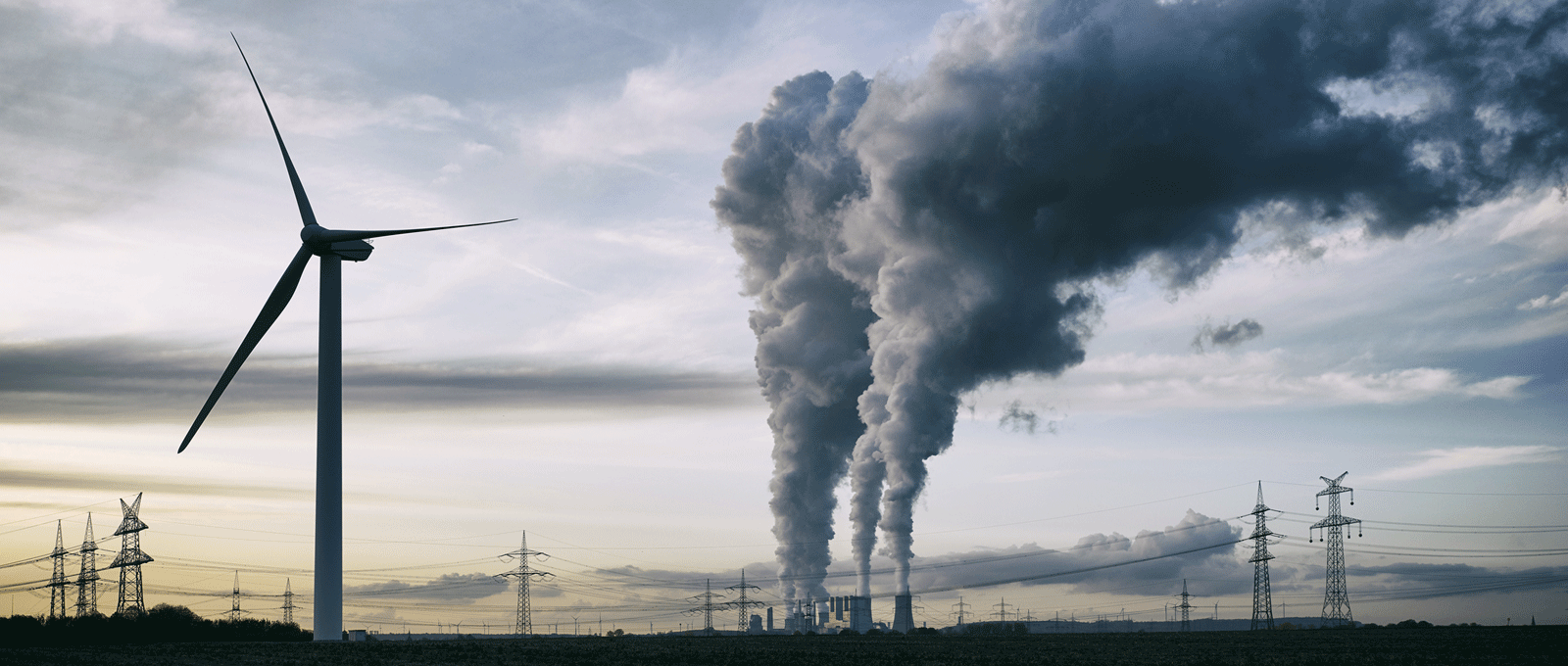One of the main advantages of fossil fuels is that they are both relatively cheap and dependable. Until recently, our supply of fossil fuels had been considered abundant, without much regard for when that supply might be exhausted. Other advantages include the fact that fossil fuels are stable, making them easy and safe to store and transport and, as such, very cost effective.
Despite these clear advantages, we are now becoming more aware of the disadvantages that fossil fuels also bring with them. First among these is that fossil fuels are not renewable and we need to reduce our reliance on them before they begin to run out. Secondly, fossil fuels are polluting; combustion of this kind of fuel contributes to greenhouse gases and subsequently to global warming, one of the biggest challenges faced by humanity today.





